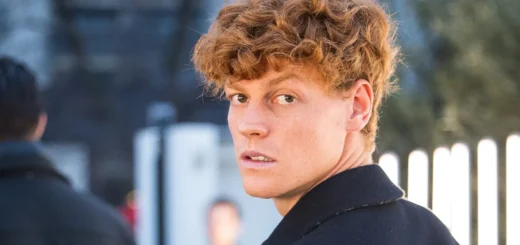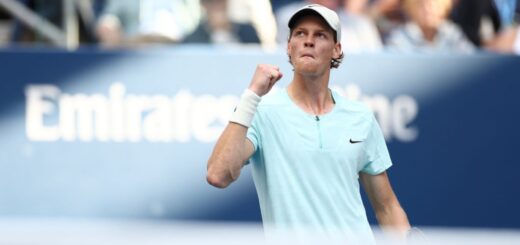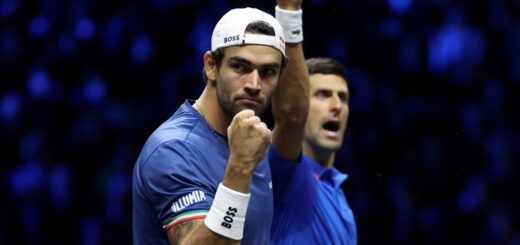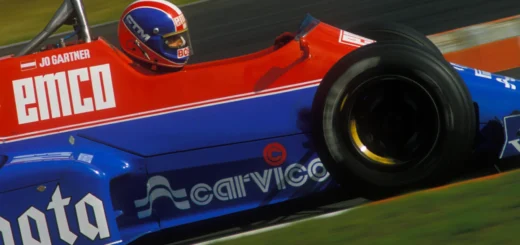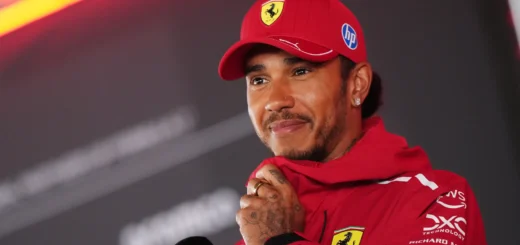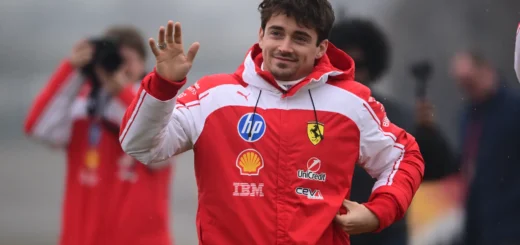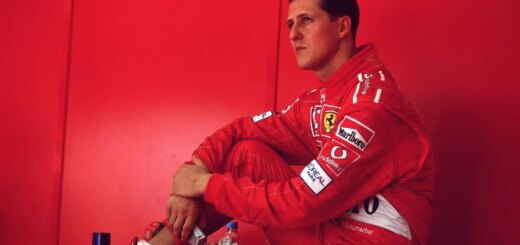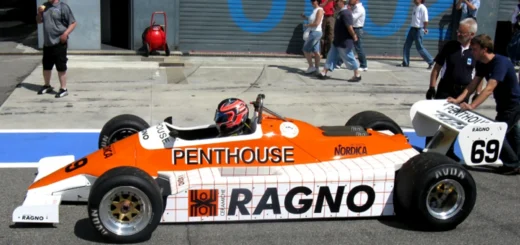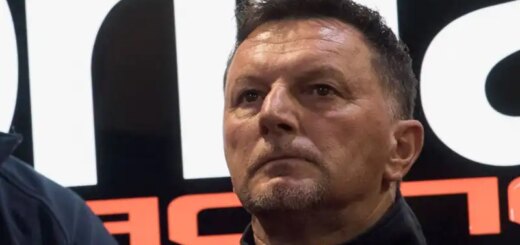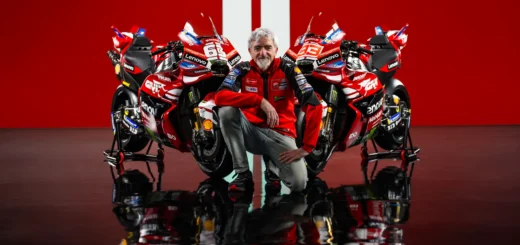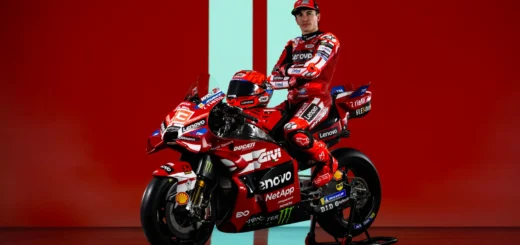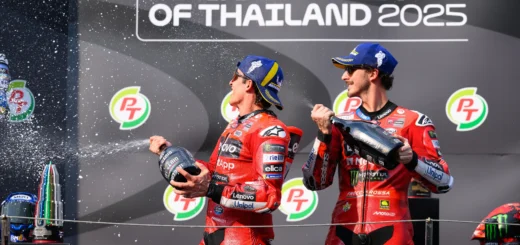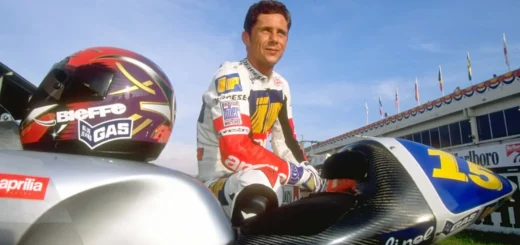Lorenzo Musetti, coach: “Worth the top 7-8 in the world.”
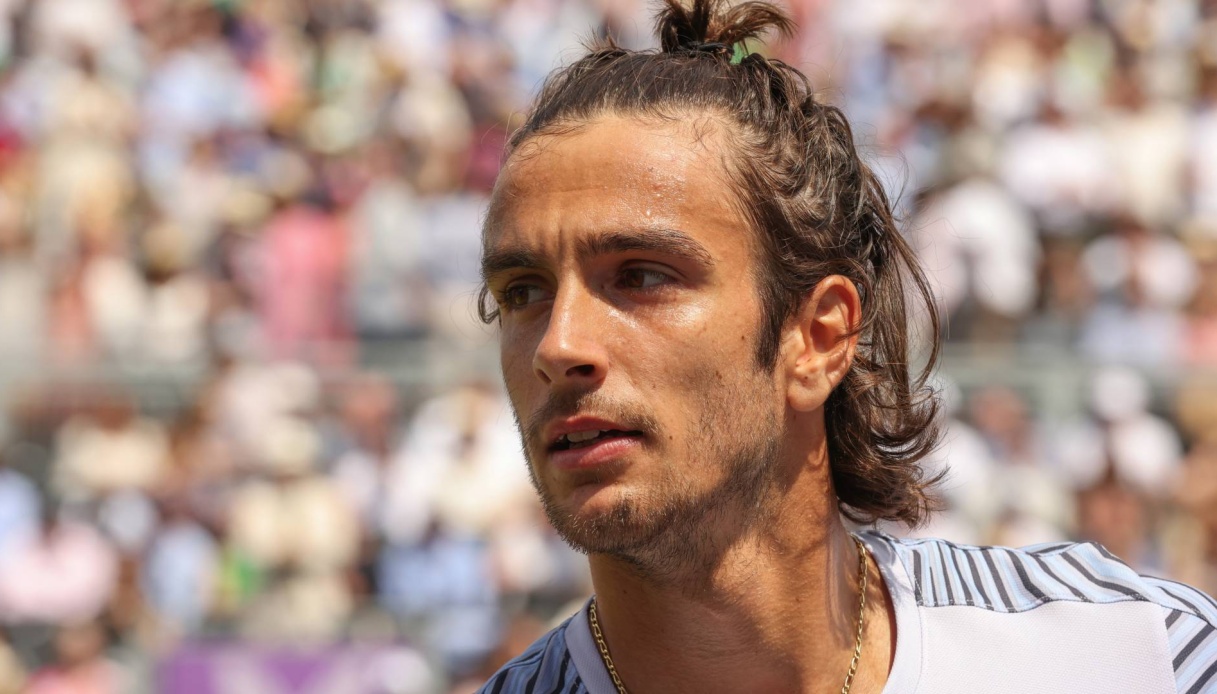
Coach Lorenzo Musetti’s words
Lorenzo Musetti’s coach Simone Tartarini gave a lengthy interview to ‘Betwayinsider’ in which he talked about his young pupil’s prospects ahead of Wimbledon. “When he was a child he always dreamed of playing on grass, but unfortunately he always played very little on it,” he admitted. “As a junior he made quarterfinals as a 16-year-old, then the next year we didn’t play the junior tournament to build the ranking; the following year we didn’t have the ATP points to enter quali in Wimbledon, so in 2020 the tournament wasn’t played because of COVID, then in 2021 it was the year of maturity, we couldn’t do preparation and we drew Hurkacz in the first round who then made the semifinals. Finally last year we met Fritz in the first round, who then lost in the quarters to Nadal. The goal on grass is to be more proactive especially in the response phase. This is more a mental issue than a technical one, he has to be more ready to choose solutions and implement them.”
“The main peculiarity of grass is that the ball slides, so it always comes. As a result, you always have to go towards the ball, you cannot wait for it,” added the coach of the Carrara tennis player. “You have to be very aggressive right away, hitting the ball from the top to the bottom, because if you play it in an upward manner it is not effective. That’s kind of what I always tell Lorenzo and sometimes he doesn’t do: you don’t need to distort your tennis, because when you do that it then becomes difficult to have an identity, but the basic goal is to hit the ball as it’s going up and bring it down. And then you have to build a technique around that principle.”
He then unbalanced on the number two Italian tennis player: “Lorenzo, when he expresses his tennis, is worth the top 7-8 in the world; when he does not express it, he is worth a tennis player outside the 100. Lorenzo’s problem is not the technical-tactical level, which for me is even better to that of many others, even Top 10. It’s just that to be in those ranking positions you have to win matches even when things are not going well.”
“Lorenzo, on the other hand, when things are not going well, like in Madrid [defeat by No. 108 Hanfmann ed.] or like in South America, he goes too early in frustration and throws the match away. The problem originates mainly from a technical problem: when he doesn’t feel a shot well, like the serve for example, he goes into frustration and doesn’t try to win the match anyway. In order to move up the rankings, we need to learn to be more consistent; Lorenzo arrived at his current ranking with 13 first-round defeats. The gap between ‘doing well’ and ‘doing badly’ is still too wide for him, he needs to learn to be more consistent,” Tartarini concluded.

